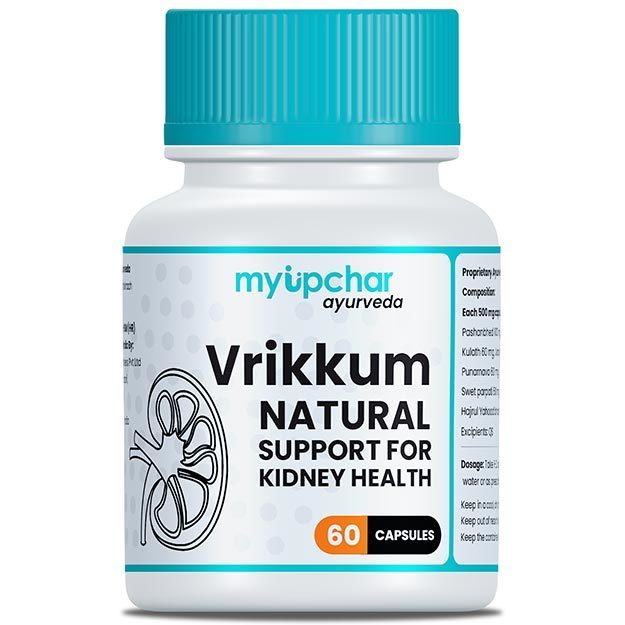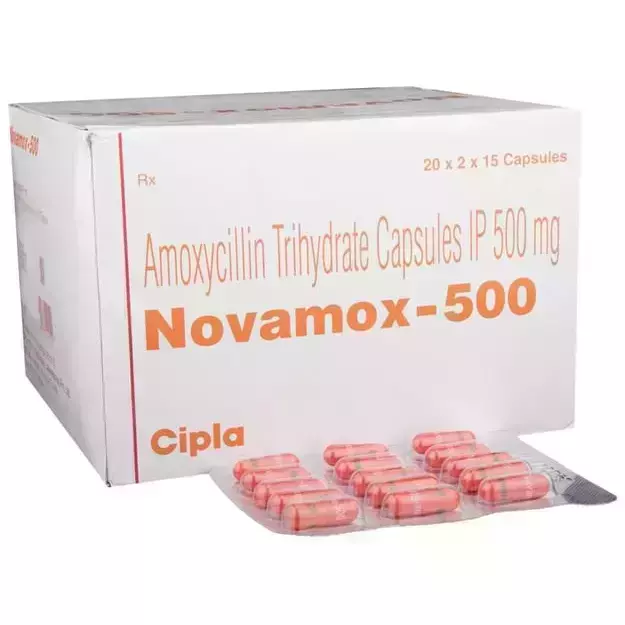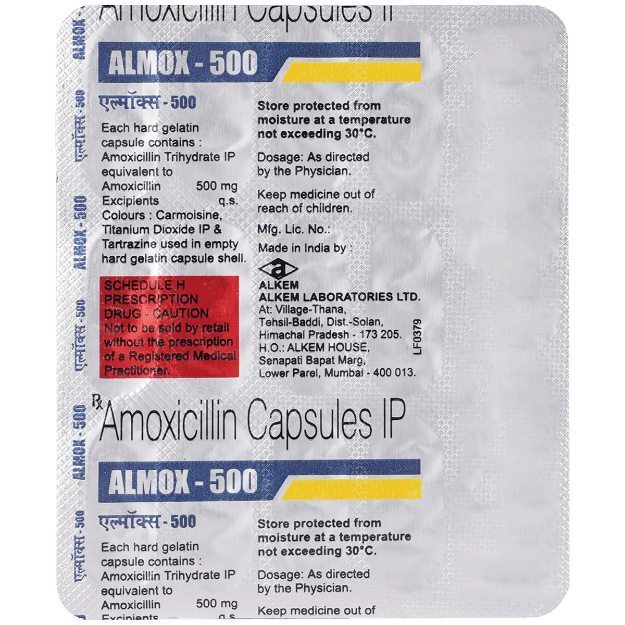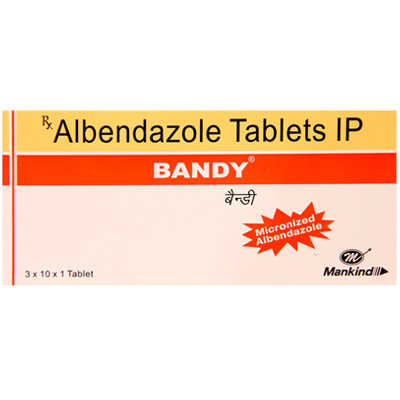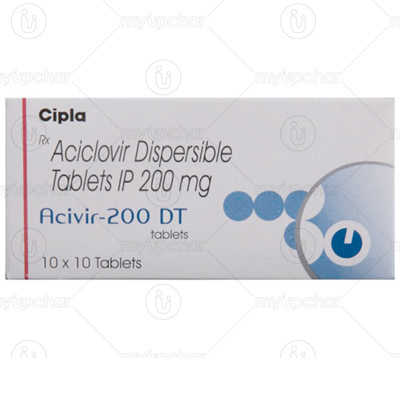Venez 250 Capsule is a commercial drug that is prescribed in the form of Capsule. It is primarily used for the treatment of Bacterial Infections. Other than this, Venez 250 Capsule has some other therapeutic uses, which have been discussed ahead.
The right dosage of Venez 250 Capsule depends on the age, gender, and medical history of the patient. The condition it has been prescribed for, and the route of administration also determine the right dosage. For detailed information on this, read through the dosage section.
Some other side effects of Venez 250 Capsule have been listed ahead. Normally, these side effects of Venez 250 Capsule are not long lasting and go away when the treatment is finished. Please speak with your doctor if these side effects worsen or persist for a longer duration.
Furthermore, you should know that effect of Venez 250 Capsule is Severe for pregnant women and Severe for women who are breastfeeding. Further, the section on Venez 250 Capsule related warnings talks about Venez 250 Capsule's effects on the liver, heart and kidney.
Venez 250 Capsule is not recommended if you suffer from certain medical conditions as it can have adverse effects. Kidney Disease, Liver Disease are examples of such conditions. Other conditions have been mentioned below in the Venez 250 Capsule contraindications section.
Drug reaction of Venez 250 Capsule with other medicines has been reported. Refer to the list below for further details.
In addition to these precautions, you may also note that Venez 250 Capsule is safe while driving, and is is addictive in nature.
X












